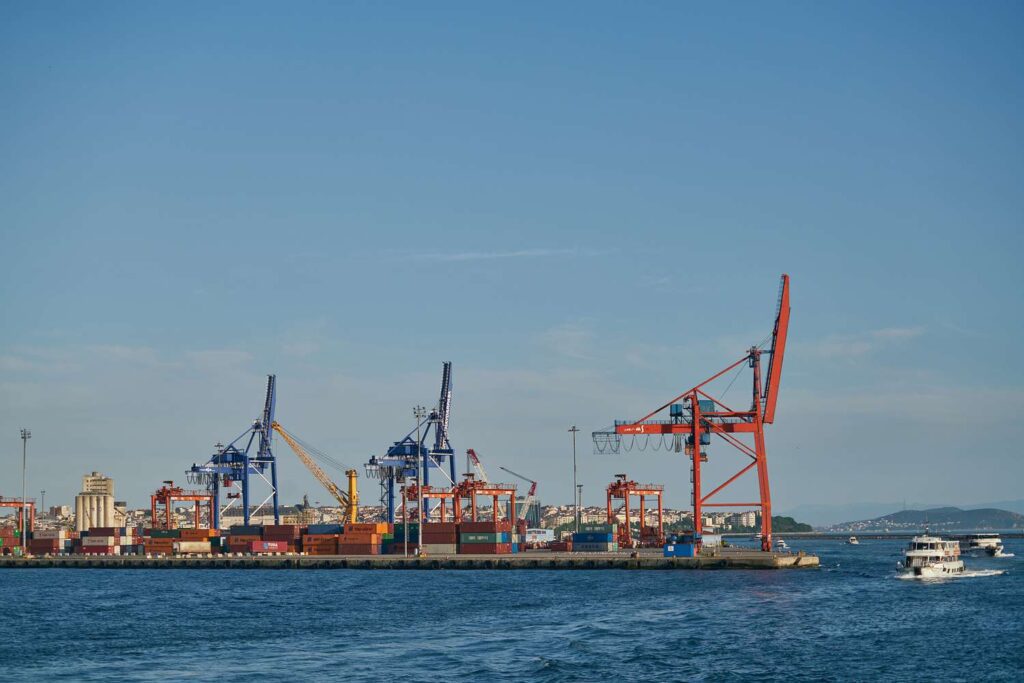What Is Delivered Duty Unpaid (DDU)?
Delivered Duty Unpaid (DDU) refers to an outdated term in international trade where the seller is responsible for ensuring that goods are delivered safely to a specified destination. The seller covers all shipping expenses and assumes all risks involved during transit.
Upon arrival at the designated location, the buyer is required to handle and pay for import duties as well as any additional transportation costs. In contrast, Delivered Duty Paid (DDP) signifies that the seller must handle all duties, import clearances, and taxes.
Key Takeaways
Understanding Delivered Duty Unpaid (DDU)
The International Chamber of Commerce (ICC) was established after World War I to enhance trade standards across Europe. In 1936, the ICC created a standardized set of shipping agreement terms called Incoterms.
Incoterms set the framework for determining the costs and risks associated with international transactions and may be updated as per ICC’s discretion to alleviate complexities in global shipping.
Responsibilities Under DDU
The seller must secure all necessary licenses and manage formalities required for exporting the goods as per DDU terms, bearing the costs incurred during transit and providing invoices as needed.
While the seller assumes all risk until goods are delivered to the specified site, there is no obligation for them to obtain insurance on these items.
The buyer is responsible for acquiring necessary import licenses and covering applicable taxes, duties, and inspection fees. All risks and further transportation costs are transferred to the buyer once the goods are at their disposal.


